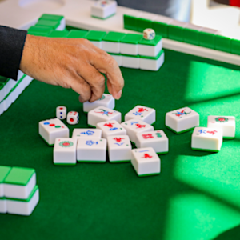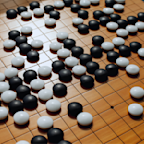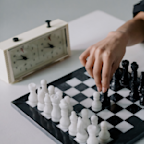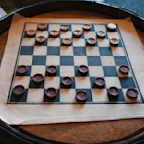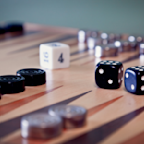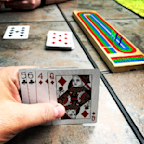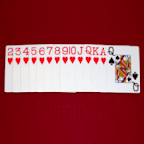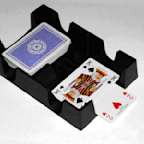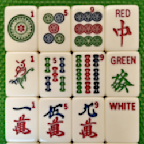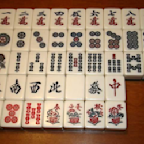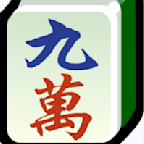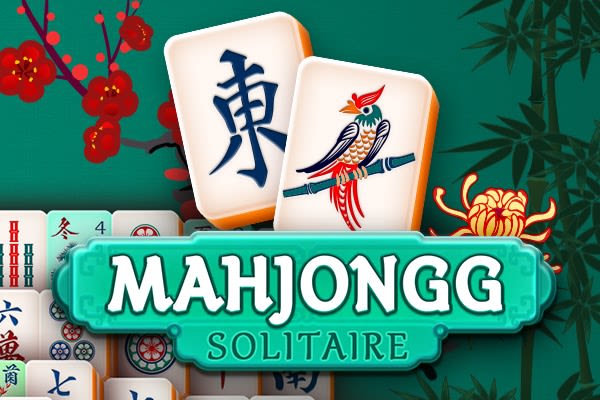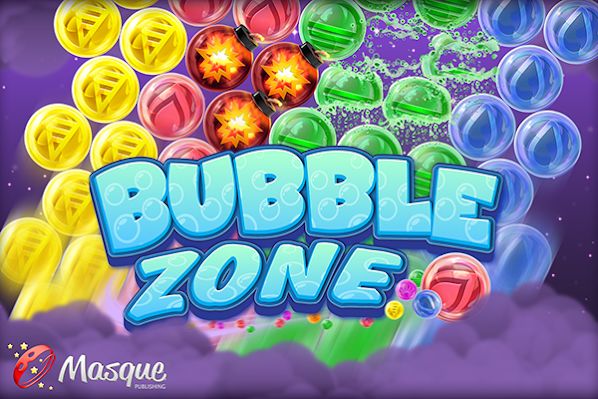Search results
Inherently social game
- Whether playing Mahjong is a way to reconnect with our heritage or simply connect with others, it is an inherently social game that brings people together. Mahjong has persisted through the decades, the centuries, and the falling of dynasties, and the game will continue to build communities for generations to come.
thesciencesurvey.com › arts-entertainment › 2021/05/02
People also ask
Why is mahjong considered a social activity?
Why do people play mahjong?
How many people can play mahjong?
What is Mahjong culture?
Why was mahjong banned?
Why is mahjong so popular in China?
Mahjong Social. Collect pairs and win in an exciting game of Mahjong. The best test for memory and attentiveness in the spirit of ancient Chinese traditions! Log in to play.
- Method
- Tips
Find a set of mahjong tiles. A set consists of 144 tiles. You can find these sets online at a variety of price points, so don't worry, you won't need to shell out a lot of money if you don't want to! You should also be able to find them at gaming stores.[1] X Research source Keep in mind that different versions of the game have a different number of tiles. Some only have 136, for instance ...Learn the suit tiles first. The game uses 3 suits for the main part of gameplay, which are dot/circles, Chinese characters, and bamboo. These function much like suits in a deck of cards. Each suit has 4 identical sets of 9 tiles. There are 108 of these tiles in total.[2] X Research source The suits tiles will have numbers, 1-9, and like playing cards, each tile will have a corresponding ...Use honor tiles like suit tiles. Honor tiles are special tiles. Honor tiles show red and green dragons or the 4 winds. You can use these almost like suit tiles in that you can match them to make "melds," 3-of-a-kind or 4-of-a-kind.[3] X Research source You'll have 16 wind tiles, 4 each of east, south, west, and north, which you play in that order: remember "eat soy with noodles." They ...Decide whether you will use the bonus tiles. Bonus tiles show seasons and flowers. Typically, you include these tiles in Chinese and Korean versions of Mahjong, but not always in American or Japanese versions. You can't use these to make melds, but they can give you extra points in your hand at the end.[5] X Research source The pictures on these tiles vary by set. A set might have plum ...Notice what other players discard so you know what to keep. If a player keeps discarding a certain suit, for instance, you know they don't want that in their hand. Therefore, it's safe to discard that suit, as you won't be giving them the tile they need. You can also try discarding the same tile when possible.[22] X Research source Thanks Helpful 1 Not Helpful 1If you want to play Mahjong for money, you must agree on a monetary equivalent for each point. Everyone pays the winner at the end, based on the number of points they win. Thanks Helpful 4 Not Helpful 3- 875.7K
May 2, 2021 · Over time, mahjong grew to be associated with the more corrupt parts of society and was even banned in 1949 by the People’s Republic of China. But even amid the negative connotation that the game held, Mahjong still had a firm hold on the hearts of the people.
Mahjong is a highly social board game that has long been recognized for its ability to bring people together and create an entertaining and engaging experience. Originating in 19th century China, mahjong has stood the test of time and remains a beloved pastime across generations, captivating players of all ages.
May 20, 2024 · Green Tile Social Club hosted its first tournament, where a younger generation gathered to play an old game and meet new friends.
Mahjong, outside of being a game, is also widely considered to be a social activity that has been used to build relationships and create a sense of community. Being invited to play mahjong is seen as a form of kinship and acceptance in some cultures. [4]
Mahjong is a social game that can help enhance social interaction. Playing with others can help build relationships, reduce loneliness, and improve overall well-being. There is also an association of mahjong players in the world.
